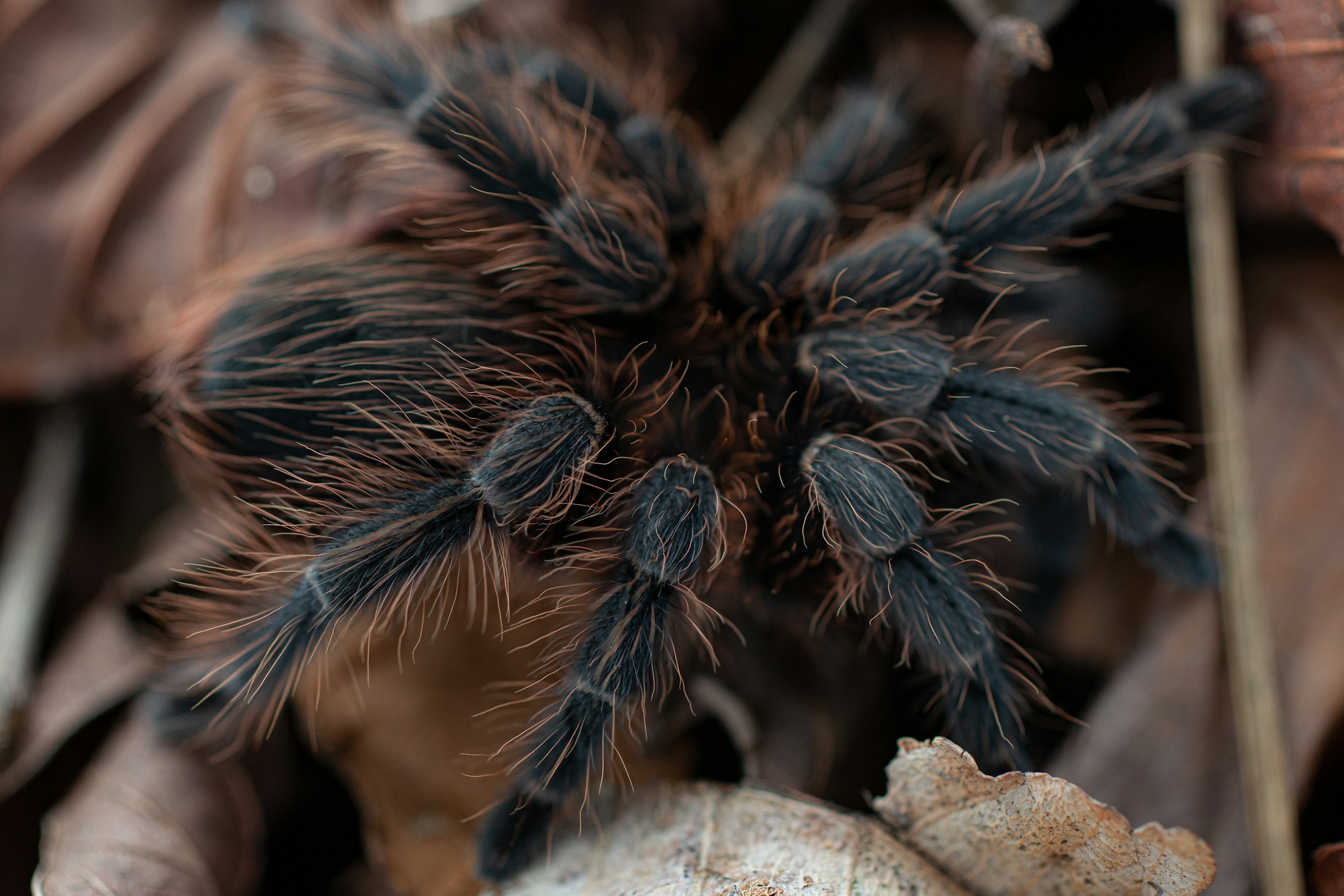Media release
From: Queensland University of Technology (QUT)QUT researchers based at Brisbane’s Translational Research Institute (TRI) have modified the peptides from the Brazilian tarantula and the Japanese horseshoe crab and found they can kill samples of melanoma cells derived from a cancer model in mice that are resistant to other cancer therapies.
(See video explainer and downloadable HD VNR (URL TBA)
The pre-clinical study, published in the prominent journal Pharmacological Research, found that the two very similar peptides not only killed resistant melanoma cells, but the cancer was incapable of developing resistance to the peptides.
Study last author, QUT Associate Professor Sonia Henriques said that although the study was preliminary with much more research to be done, the results were exciting because drug resistance in melanoma was a huge challenge.
“Nature designed these peptides to fight bacterial infection by targeting the cell membranes of the bacteria. We have modified the peptides and applied them to cancer cells to act in a similar way and attack the cancer cell membrane without impacting non-cancerous cells,” Professor Henriques said.
“The most exciting aspect of our study is that the peptides not only kill highly proliferative melanoma cells, they also kill the dormant cells and those that have gained resistance.
“And because the peptides target the cell membrane in tumour cells and kill them via a fast mechanism, cancer cells did not remodel their cell membrane composition or develop resistance to peptide treatment.
“This is potentially significant because the main issue in treating cancer patients is that they eventually gain resistance to their current therapy.”
The study conducted in both in vitro (laboratory-based cancer cells) and in vivo (mice) models represents ten years of work and paves the way for further research to make the peptides more potent.
“We want to develop these drugs to not only attack the cell membrane, but also go across the membrane and knock out targets for cancer progression,” Professor Henriques said.
Study first author, QUT’s Dr Aurelie Benfield said it was inspiring how thousands of years of evolution in nature could provide such promising pathways to improve human health.
“It is amazing because there are so many peptides in nature and they inspire us as scientists to modify them and make them even more potent and stable,” Dr Benfield said.
“I am very proud of this work and the results achieved and now that it’s published, I hope it is the beginning of a great new future for therapeutic peptides.”
The team expects the further research required to improve the molecules will take at least another five years before human clinical trials can commence with a variety of pre-clinical tests required.
Dr Benfield said that the future of the therapies ultimately comes down to funding.
“If we can get funding and interest from industry, hopefully we can accelerate things very quickly,” she said.


